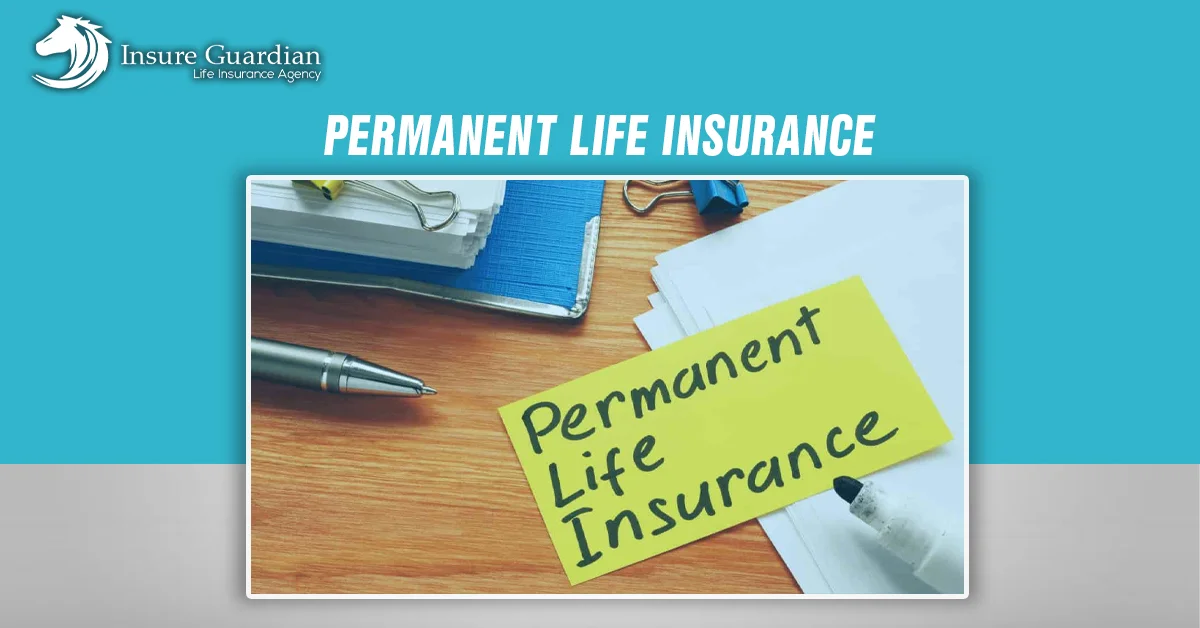Understanding what to do and what to consider will help you choose what’s best for your situation.
However, being aware of what to do and consider will help you choose the appropriate course of action for your circumstance.
This comprehensive guide will walk you through converting a group plan to a permanent life insurance policy step-by-step, outlining the crucial considerations, benefits, and drawbacks of various types of policies and providing helpful advice to assist you in making an educated decision.
Understanding the Privileges of a Group Plan to Permanent Life Insurance
Employers or organizations may offer their members or employees group life insurance as protection. Because the policy cost is often split between the people, like the employer and the employee, this type of insurance offers people a convenient and affordable method to get life insurance coverage.
What is the Life Insurance Conversion Privilege under a Group Policy?
A conversion privilege is included in many group life insurance policies that allow insured employees to convert their group life insurance coverage into an individual policy if their employment or membership ends or their benefits are reduced. This conversion can be done without undergoing a new medical exam or completing a new life insurance application form.
How Does the Conversion Option Work?
The conversion option allows individuals to maintain their life insurance coverage even after leaving their employer or organization. The same insurance firm that provided the group coverage will typically issue the new individual policy, and the coverage level will not go over what was offered by the group policy. The insured’s age will be considered while converting to set the new individual policy’s premium rates.
The Conversion Process and Deadlines
When considering converting a group plan to a permanent life insurance policy to a permanent one, it’s essential to understand the conversion process and the associated deadlines.
Conversion Period: How Long Does the Insured Have to Convert a Group Life Insurance Policy?
The conversion period is when an insured employee must apply and pay the first premium for a new individual policy after their group coverage ends. This period typically lasts 31 days from the end of the group coverage. However, if the insured does not receive written notice of their conversion rights within 15 days before the end of the 31 days, they may have additional time to convert their coverage. In such cases, the insured must exercise their conversion option within 15 days after receiving the written notice or within 91 days after their group coverage ends, whichever comes first.
Notifying the Insured of Conversion Rights
The employer and the insurance company are responsible for informing the employee of their conversion rights when their group coverage ends. This notice should include information about the conversion process, deadlines, and any necessary forms or applications the employee must complete.
Provide this notice to ensure the employee retains their conversion rights. The employer and insurance company may be held liable for any denied claims or loss of coverage due to this failure.
Factors to Consider When Converting Group Plan to Permanent Life Insurance
When deciding whether to convert a group life insurance policy to a permanent policy, consider the following factors:
Changes in Health and Insurability
If your health has declined since obtaining group coverage, converting to a permanent policy may be beneficial, as you will not need to undergo a new medical exam. This can help you secure coverage at a more favorable rate than if you were to apply for a new policy.
Changes in Income and Financial Goals
If you have gained your income or your financial goals have changed, a permanent life insurance policy may better align with your current needs. For example, a permanent policy may provide more suitable coverage if you intend to leave a legacy for your loved ones or have a more complex financial strategy.
How Much Does Life Isurance Cost?
Family and Business Obligations
Suppose your family or business obligations have changed, such as having a dependent with special needs or taking on additional business responsibilities. In such a situation, a permanent life insurance policy may be more appropriate to address these new needs.
The Benefits and Drawbacks of Converting a Group Plan to Permanent Life Insurance
There are several benefits and drawbacks when converting a group plan to a permanent life insurance policy.
Benefits of Converting to Permanent Life Insurance
Continuous coverage – Converting to a permanent policy ensures you maintain life insurance coverage even after leaving your employer or organization.
No medical exam required: You can typically convert without undergoing a new medical exam, which is beneficial if your health has declined since obtaining group coverage.
Investment and cash value growth: Permanent life insurance policies often build cash value, which can be accessed through loans, withdrawals, or used to pay future premiums.
Drawbacks of Converting a Group Plan to Permanent Life Insurance
Higher premiums – Permanent life insurance policies generally have higher premiums than term life insurance policies.
Limited conversion period: The conversion option is typically only available for a limited time, and failure to exercise this option within the specified time frame can result in a loss of coverage.
Limited policy options: When converting a group plan to permanent life insurance, depending on the insurance company, you may have limited policy options.
Steps to Convert a Group Life Insurance Policy to a Permanent Policy
Follow these steps to convert your group life insurance policy to a permanent policy:
Determine if your group policy includes a conversion option by reviewing your policy documents or consulting with your employer or insurance provider.
Identify the conversion deadline, typically within 31 days after your group coverage ends.
Choose the type of permanent life insurance policy that best suits your needs, including various life insurance types.
Apply for the conversion by completing any necessary forms or applications and submitting your application within the specified deadline. Pay the first premium for your new permanent life insurance policy.
Partial or Total Conversion of Your Group Life Insurance Policy
When converting your group life insurance policy to a permanent one, you can perform a partial or total conversion.
Partial Conversion
A partial conversion involves converting only a portion of your existing group life insurance coverage to a permanent policy while maintaining a reduced term coverage. This option can lower the overall cost of coverage, as you will still have some term coverage in place.
Total Conversion
A total conversion involves converting the entire amount of your group life insurance coverage to a permanent policy. This option provides continuous, lifelong coverage but may result in higher premium payments.
Employer Responsibilities and Fiduciary Obligations
Employers and insurance companies have specific responsibilities and fiduciary obligations when providing group life insurance coverage and informing employees of their conversion rights.
Providing Policy Documents
Employers must take care of their employees with a copy of the group life insurance policy or access to the plan documents. Failure to do so can result in employer liability in the event of a denied claim or loss of coverage.
Informing Employees of Conversion Rights
When group coverage ends, employers and insurance companies must notify employees of their conversion rights. This notice should be unambiguous and include information about the conversion process, deadlines, and any necessary forms or applications.
Providing Accurate Information about Policy Changes
Employers and insurance companies are responsible for providing accurate and up-to-date information about policy changes, eligibility requirements, and any other relevant information pertaining to the group life insurance plan.
What Happens if You Fail to Convert Your Group Life Insurance Policy?
You must convert your group life insurance policy to a permanent policy within the specified deadline to maintain your coverage and avoid a life insurance lapse. However, you may be relieved of this duty if there are extenuating circumstances, if you did not receive a copy of the policy, or if your employer failed to notify you of policy changes or provided incorrect or misleading information regarding your conversion rights.
Seeking Legal Assistance: Contact an ERISA Lawyer if your Claim Has Been Denied
If your claim for group life insurance benefits has been denied due to a failure to convert your coverage, you may have a claim against your employer and the insurance company for the denied claim amount.
An ERISA lawyer can help you navigate the ERISA claim or appeal process and recover the life insurance death benefit you are entitled to.
In conclusion, converting a group plan to a permanent life insurance policy to a permanent policy can be a complex process with many factors to consider. By understanding the conversion process, the types of permanent life insurance policies available, and the benefits and drawbacks of each, you can make an informed decision that best suits your needs and goals.
If you’re faced with a denied claim or loss of coverage, seeking legal assistance from an experienced ERISA lawyer can help ensure that you receive the benefits you deserve.

Expert Life Insurance Agent and health insurance agent
Dylan is your go-to guy for life and health insurance at InsureGuardian. He’s helped over 2,500 clients just like you figure out the best insurance plans for their needs. Before joining us, Dylan was sharing his expertise on TV with Global News and making a difference with various charities focused on health. He’s not just about selling insurance; he’s passionate about making sure you’re covered for whatever life throws your way.






